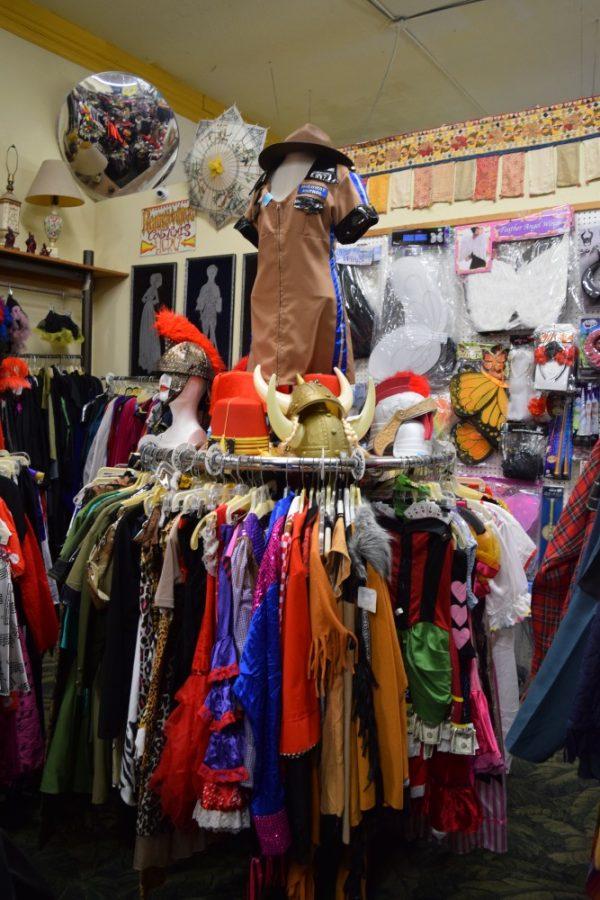Thrifting has become a popular way to purchase clothes, primarily by young people, but by other generations as well. The act of thrifting itself is great, as it is cheap and beneficial to the environment. With its growing popularity, sites like Depop, Poshmark and other independent resellers have begun to thrive, as they are used for reselling thrifted clothing, usually at a higher price. While this seems like a convenient and good side hustle, it is also unethical and contributes to the gentrification of fashion.
Thrifting clothing has become popular among Generation Z for various reasons. For one, it allows young people to express themselves in unique clothing items that have not been seen before. This allows for them to post these outfits on social media, embracing creative and vintage looks. Thrifting is also sustainable, as it reduces consumption, limits waste and contributes to lowering chemical pollution. Further, it offers an affordable outlet for struggling people and communities to purchase adequate clothing and positively impacts our financial well-being. These benefits conflict with the downsides and reality of reselling clothing.
While Depop has a sustainability plan, the plan claims that they wish to offset their shipping emissions through implementing 100% renewable offices. The plan also suggests Depop is aware that its shipping produces a large amount of emissions, however, it fails to mention if it has enough consumer data to achieve this goal through its renewable offices. If Depop is unable to achieve this, it is essentially greenwashing its customers into thinking it is a sustainable platform.
Additionally, selling thrifted clothes for a higher price takes away an affordable outlet for low-income communities where thrifting is a necessity. Many people donate their items to a thrift store for the purpose of helping those in need, not to have them bought and resold for a profit. It is also important to note that thrifting goes further than simply purchasing clothing, as thrifting furniture and appliances is also common. Low-income communities rely on these essential items as well, and taking this away is unethical and greedy.
A narrative around sites like Depop and Poshmark is that it also limits the concept of fast-fashion and overconsumption. However, with this growing thrifting and resale market, overconsumption is still an issue, as the secondhand market is expected to grow from $30 billion to $77 billion by 2025. Reselling for a profit is simply becoming another form of fast-fashion, as demand will continue to increase for thrifted clothing items, only driving the price higher.
Between raising the prices of affordable items and clothing, and greenwashing the public about sustainable practices, sites like Depop are encouraging the gentrification of fashion. The secondhand market cannot expect to hold fast-fashion and other mainstream fashion industries accountable for sustainability and accessibility if they cannot do any better. Sellers on Depop and other sites need to be aware of this and realize how their actions are unethical and potentially hurting others. There are many other side hustles these individuals can do to make money that are not harmful, and the act of hurting low-income communities needs to stop.
Follow the Daily Wildcat on Twitter

Luke Lawson (he/him) is a sophomore intending to major in accounting. He enjoys discussing political events, hiking and watching films.










